CALLING IT SPLITS?
One of the intriguing features of the 2011 General Election was the number of establishment-types who joined the Opposition. It got me thinking. Was this the start of that phenomenon that pundits have been speculating about for decades — a PAP split? Was this the stuff of PAP nightmares – its dreaded Bigfoot?
Not Yeti.
In a blog mapping elite disaffection in 2011, I observed that dissenting establishment-types fell into three categories. There were some from near the top of the hierarchy who clearly fell out with the leadership – but they didn’t go all the way to join the Opposition.
Then there were high-level mandarins who spoke their mind on a few key issues, but again did not engage in a broad-based assault on the PAP, let alone join the Opposition cause.
As for those who did join the Opposition, they tended to be less well known and from lower down the hierarchy.
None of these posed a serious threat to PAP unity. The danger zone would be breached when individuals high up the party or government hierarchy exited and went all the way.
Tan Cheng Bock appears to be doing just that, requiring an update to my 2011 graphic:
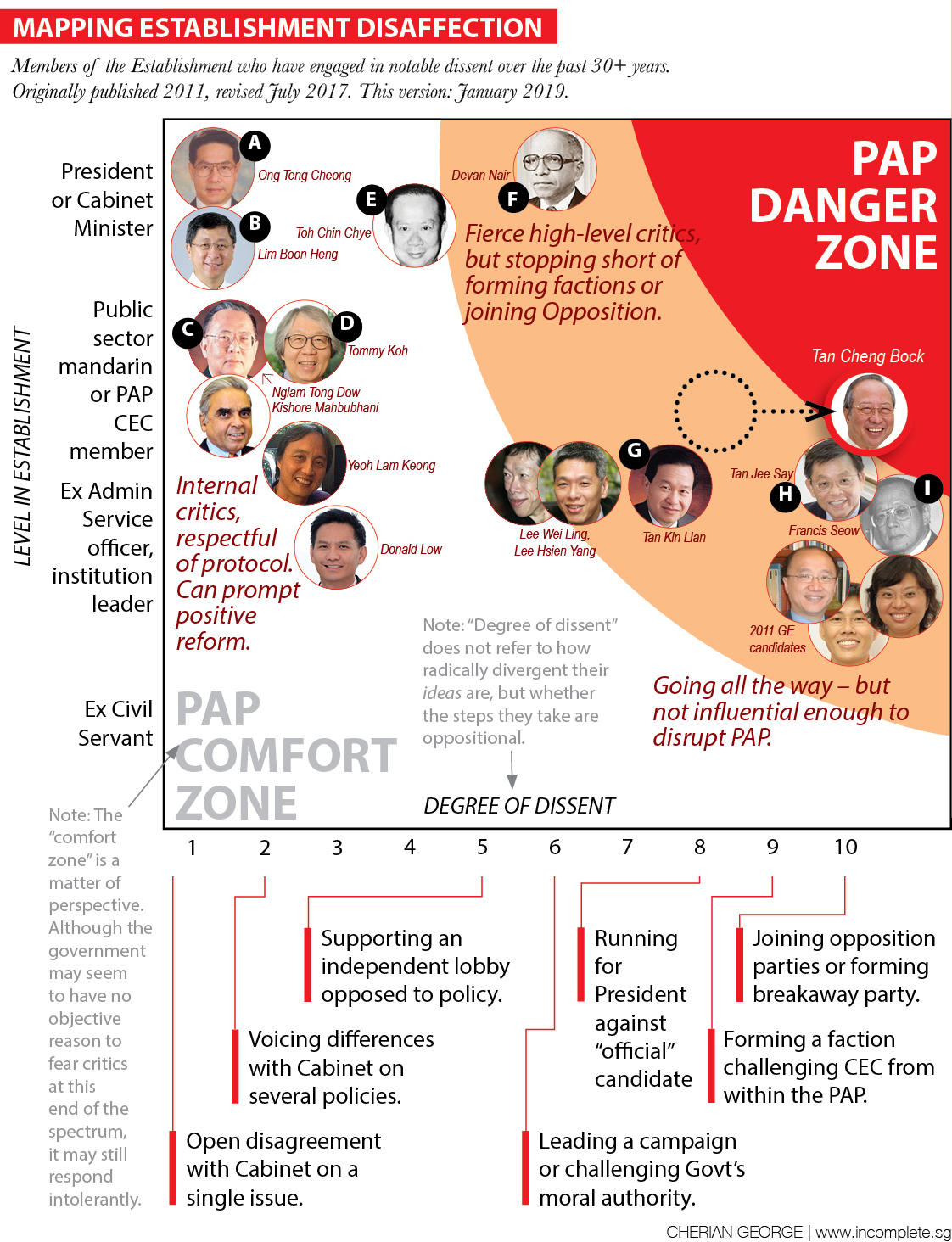
[See my original 2011 version for a fuller explanation of this graphic. There is also a 2017 update.]
I’m not saying that Tan will definitely win a seat or that his new party will necessarily become a major player.
But what he is certainly doing is to make defection thinkable among PAP elites. If PAP loyalists grow unhappy with the leadership, they now have a role model and a path forward.
The question is, what development could trigger enough defections to threaten PAP hegemony. I doubt any rift will be caused by a substantive policy disagreement. It will have to do with less tangible factors like trust and inclusiveness. (See also my 2011 blog on managing the elite.)
For example, if Lee Hsien Loong’s son Li Hongyi were to be inducted into politics, any hint that he’d enjoy a specially protected fast lane to high office would probably prompt an exodus of the PAP’s brightest and most independent minds. Since Li has said he has no intention to enter politics, though, this is a purely hypothetical scenario for the purpose of illustration.
Ultimately, the ball is still in the PAP’s court. If it manages the party and country well, there may be little space for Tan Cheng Bock’s or any other Opposition party to grow.
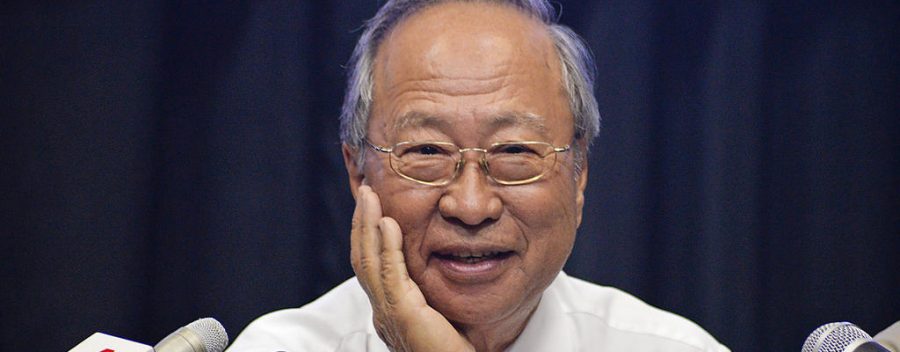
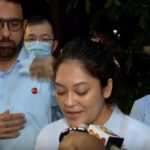
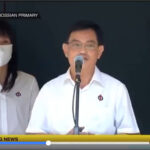

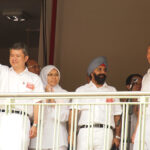
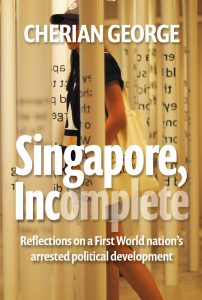
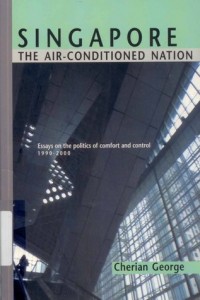
Comments are closed.